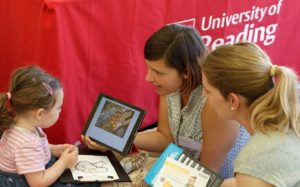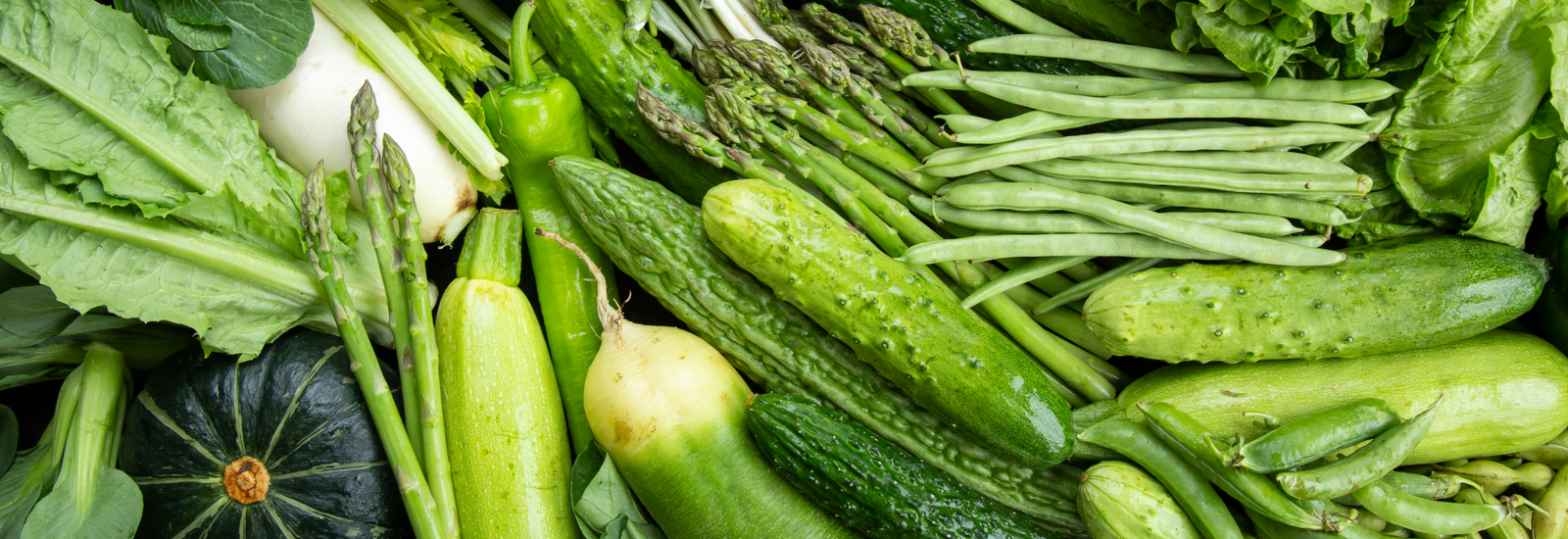CONNECTED is excited to share the launch of new, free resources to help parents and carers encourage their young children to eat a greater variety of vegetables.
The ‘See & Eat’ project has launched a new website featuring a range of evidence-based activities, and 24 eBooks in multiple languages for parents and carers across Europe. The project is led by Professor Carmel Houston-Price at the University of Reading, funded by the European Institute of Innovation and Technology (EIT) Food, and supported by partners including the British Nutrition Foundation (BNF).
 Following a successful initial launch in 2019, the new ‘See & Eat’ website will enable more families across Europe to access the eBooks, which are now available in English, Italian, Finnish, Polish, Dutch and French, as well as a range of new evidence-based activities to help children try new vegetables.
Following a successful initial launch in 2019, the new ‘See & Eat’ website will enable more families across Europe to access the eBooks, which are now available in English, Italian, Finnish, Polish, Dutch and French, as well as a range of new evidence-based activities to help children try new vegetables.
The resources have been developed based on research showing that visual familiarity in the form of picture books is an effective way to increase a child’s willingness to try vegetables. The project aims to deliver these familiarisation-based resources in a way that is both effective and easily accessible to families.
Dr Natalie Masento, a collaborator on the project at the University of Reading, said:
“Vegetables can be particularly difficult to introduce into young children’s diets as they’re less sweet than fruit and can often be rejected when they’re first offered.
“It has been shown, however, that children’s acceptance of vegetables can be boosted purely through increasing visual familiarity, and our project’s aim is to build on this research, while developing a series of accessible resources to help parents and carers introduce more vegetables to their children.
“With the launch of the new website, we hope more parents and carers from across Europe will find the eBooks easier to access, and will enjoy the new evidence-based activities we have developed.”
New games and activities
There are a variety of new, free activities which parents and carers can access on the website. These include: a flash card game where children are asked to match pictures to the names of vegetables; VeggieSense, a guess-the-vegetable activity where parents and carers encourage their children to explore vegetables through their sense of sight, touch and smell; instructions on how to grow your own cress; and shopping lists to involve children when choosing vegetables during the weekly shop.
Each profiling a different vegetable, the 24 ‘See & Eat’ eBooks are all interactive and can be viewed and personalised using audio, video and pictures, through the ‘Our Story 2’ app. The app is free to download and available for both tablets and smartphones via the Apple and Android app stores.
Helena Gibson-Moore, Nutrition Scientist at the BNF, explains the importance of including a variety of vegetables in a child’s diet. Helena said:
“Encouraging healthy eating habits from a young age will help your child make healthier choices as they get older, therefore it’s key to introduce lots of vegetables early on.
“Eating a variety of vegetables is important as different types and colours contain varying combinations of essential nutrients, like vitamins and minerals, as well as dietary fibre, which our bodies need to stay healthy. Trying a wide range of different vegetables introduces children to an array of various tastes and textures, and can be an opportunity to include vegetables as snacks and in different dishes from salads and soups, to curries and pasta bakes.”
Further study
Alongside the launch of the new website, the ‘See & Eat’ project team is currently conducting a study to understand whether extra interactivity and personalisation through eBooks, such as adding photos or videos of shopping for, preparing or eating vegetables, can support children to become even more receptive to new vegetables. The study covers a range of nationalities and languages, with the results due to be launched in 2021.
You can access the eBooks and resources for free.
This work has been funded by EIT Food, the innovation community on Food of the European Institute of Innovation and Technology (EIT), a body of the EU, under the Horizon 2020, the EU Framework Programme for Research and Innovation.







